Do you really need to Count Sheep to sleep?
The answer may surprise you...
This advice is said to originate from herdsmen who couldn’t sleep until they have counted all their sheep and none were missing, it has then been passed down through generations. So, if you can’t get to rest well at night, just “count sheep” until you drift off into a peaceful slumber.
Join our WhatsApp ChannelI know it can be tiresome laying in bed awake trying to fall asleep. At this point, we can give anything a try, even if it means counting imaginary sheep. But does this tactic apply to modern life?
READ ALSO: Eat Your Water, Avoid Dehydration!
The research was carried out on participants at Oxford university to put this question to test and the verdict is, counting sheep for insomnia relief is… Balderdash. This is because it doesn’t help treat the lack of sleep(insomnia) but rather subjects us to live a long routine of counting sheep before we sleep, whereas there are other Scientifically proven habits that can help you sleep like a baby, wake up refreshed, alert and hopeful.
There are a lot of factors that can interfere with a good night’s sleep — from work stress and family responsibilities to unexpected challenges, such as illnesses. It’s no surprise that quality rest is sometimes impossible.
While you might not be able to control the factors that interfere with your night rest, you can adopt habits that encourage better rest, which includes the following:
Sleep With The Lights Out:
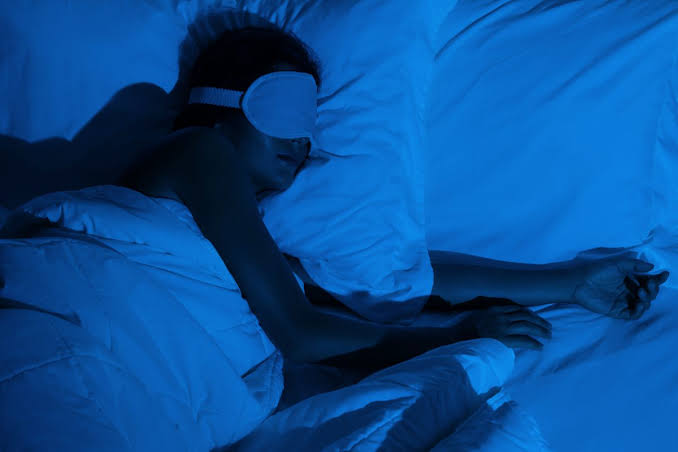 Dim the light in the bedroom to avoid exposure to a lot of light. This is because light affects the sleep hormone MELATONIN, making it difficult to fall or stay asleep.
Dim the light in the bedroom to avoid exposure to a lot of light. This is because light affects the sleep hormone MELATONIN, making it difficult to fall or stay asleep.
No Blue Light:
Close to bedtime avoid Blue lights from Phones or laptops; they affect production of Melatonin hormone for night rest.
Lower The Room’s Temperature:
When you’re about to go to bed, the body wants to lower its temperature, because the cooler the room, the easier to fall asleep.
Avoid Caffeine And Alcohol:
 Items like Caffeine (coffee) should be taken 12 hours before bedtime because it stays in the body for longer hours (6 hours). It is also a Diuretic; so, if taken at night, it would lead to frequent urination. Nicotine and alcohol deserve caution, too. The stimulating effects of nicotine and caffeine take hours to wear off and even though alcohol might make you feel sleepy, it also disrupts rest later at night.
Items like Caffeine (coffee) should be taken 12 hours before bedtime because it stays in the body for longer hours (6 hours). It is also a Diuretic; so, if taken at night, it would lead to frequent urination. Nicotine and alcohol deserve caution, too. The stimulating effects of nicotine and caffeine take hours to wear off and even though alcohol might make you feel sleepy, it also disrupts rest later at night.
Have a Sleep Schedule:
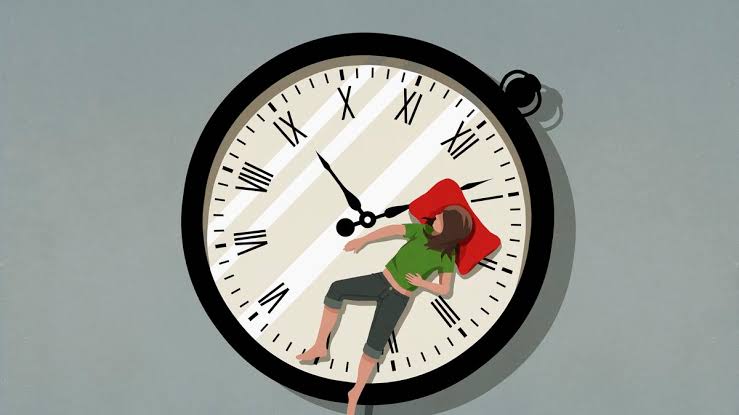 Set aside, at least, seven (7) hours for sleep. Go to bed and get up at the same time every day. Don’t make the difference between the hour you sleep during the weeknights and weekends to more than one hour. Being consistent reinforces your body’s sleep-wake cycle.
Set aside, at least, seven (7) hours for sleep. Go to bed and get up at the same time every day. Don’t make the difference between the hour you sleep during the weeknights and weekends to more than one hour. Being consistent reinforces your body’s sleep-wake cycle.
Exercise:
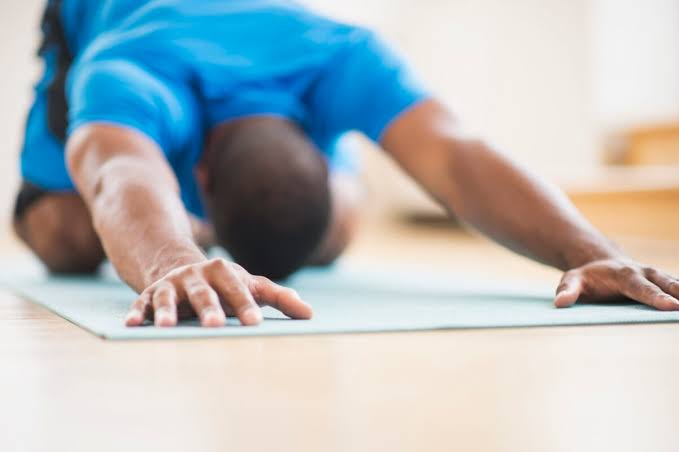 Thirty (30) minutes of exercise or any physical activity causes the brain to release a hormone called Endorphins, which reduces stress, boost your mood, increases your sleep drive or need for sleep. When you’ve exercised, your body wants to recover, and sleep is a good way of doing that. However, avoid being active too close to bedtime.
Thirty (30) minutes of exercise or any physical activity causes the brain to release a hormone called Endorphins, which reduces stress, boost your mood, increases your sleep drive or need for sleep. When you’ve exercised, your body wants to recover, and sleep is a good way of doing that. However, avoid being active too close to bedtime.
Steer clear from daytime naps:
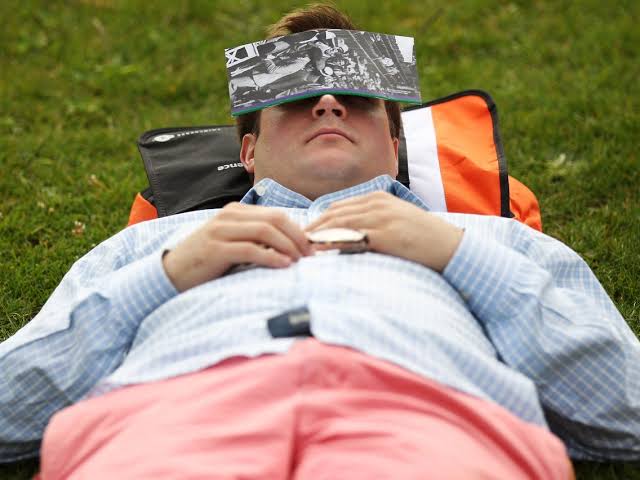 If you have to nap, limit yourself to up to 30 minutes and avoid doing it later in the day, if not it will affect your sleep at night.
If you have to nap, limit yourself to up to 30 minutes and avoid doing it later in the day, if not it will affect your sleep at night.
A Helpful Tip:
When you can’t fall asleep, get up from the bed and do something relaxing (Stretching, a shower, music) not on the phone or laptop and then go back to bed after 15 minutes. Tossing and turning only increases your anxiety.
A review done in 2013 linked insufficient sleep to an increased risk of obesity by 89% in children and 55% in adults.
If you want optimal health and wellness, it’s good you make sleep a priority.
Use the mentioned sleep tips, and if you still have trouble, an urgent health care centre near you might be able to help.
Thanks for reading.
Dr Kelly.


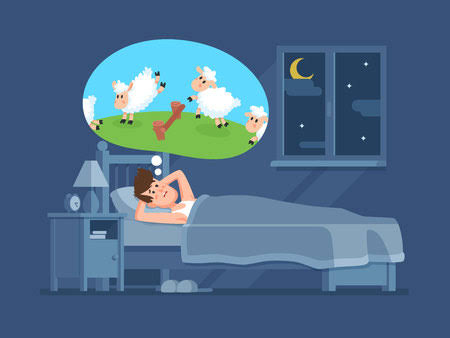

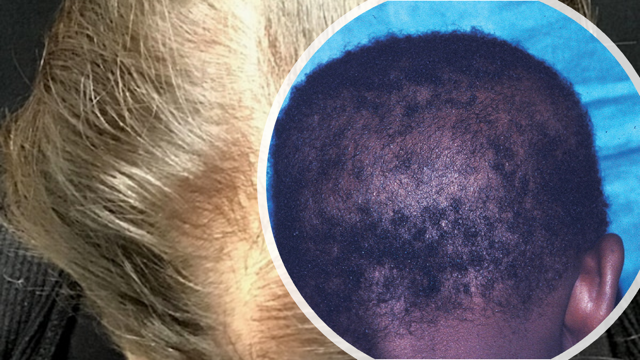











Very helpful, I feel like this article is just for me.
Good one Dr Kelly.
Thank you 💖
Hmmm… You got me ..
Even me too. I enjoyed every minute.